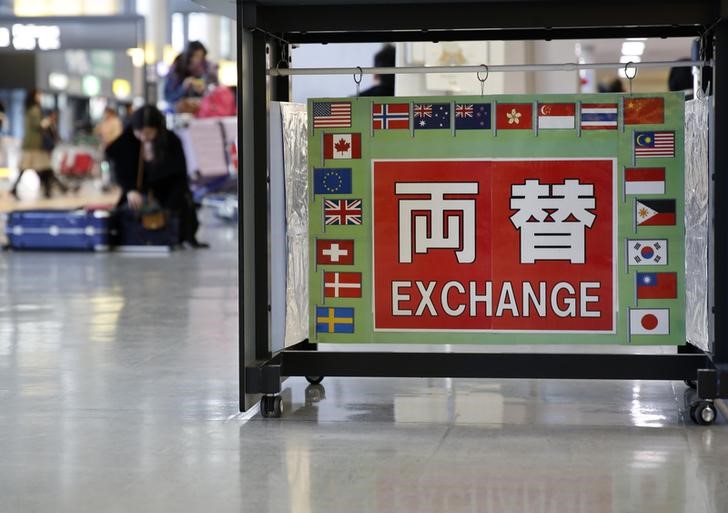The US Federal Reserve's decision to maintain interest rates at the 5.25%-5.50% range during its monetary policy meeting on Wednesday, September 20, 2023, has had global impacts. The Fed's hawkish stance towards monetary policy, aimed at curbing inflation without causing significant job losses or economic downturns, has led to a strengthening of the dollar and a weakening of the sterling.
The dollar index, which measures the value of the US dollar against a basket of other currencies, rose to 105.59 on Thursday, its highest since March 9. This marks the ninth consecutive week of growth for the index, the longest such streak in nearly a decade.
The sterling, however, experienced multi-month lows following an unexpected drop in inflation reported on Wednesday. This has led to increased speculation about whether the Bank of England will follow the Fed's lead and hold rates steady in its Thursday meeting.
The Japanese yen also took a hit following the Fed's meeting, hovering around 148.39 per dollar and just off a fresh low of 148.47, its weakest since November. Despite this, expectations for the Bank of Japan to tighten policy at its Friday meeting remain low.
On Thursday, UK stocks retreated as investors' risk appetite decreased following hawkish comments from the Federal Reserve and uncertainty surrounding the Bank of England's upcoming monetary policy decision. London's FTSE 100 was down 0.4% at 7,698 by 0850 BST.
Despite this overall downturn, some UK retailers reported positive results. JD (NASDAQ:JD) Sports Fashion reported that it is still on track to deliver a 5% rise in annual profit after first-half earnings rose by more than a quarter due to strong sales despite the cost-of-living crisis. High street peer Next also impressed as it lifted full-year guidance for the third time in four months after better-than-expected summer sales.
Looking forward, the Fed's benchmark overnight interest rate may be raised one more time this year to a peak 5.50%-5.75% range, according to updated quarterly projections released by the US central bank. Further, rates are expected to be kept significantly tighter through 2024 than previously anticipated.
These developments come as part of a global trend of central banks adopting more hawkish stances in response to inflation concerns. The ramifications of these policy decisions will continue to impact global markets and currencies.
This article was generated with the support of AI and reviewed by an editor. For more information see our T&C.
